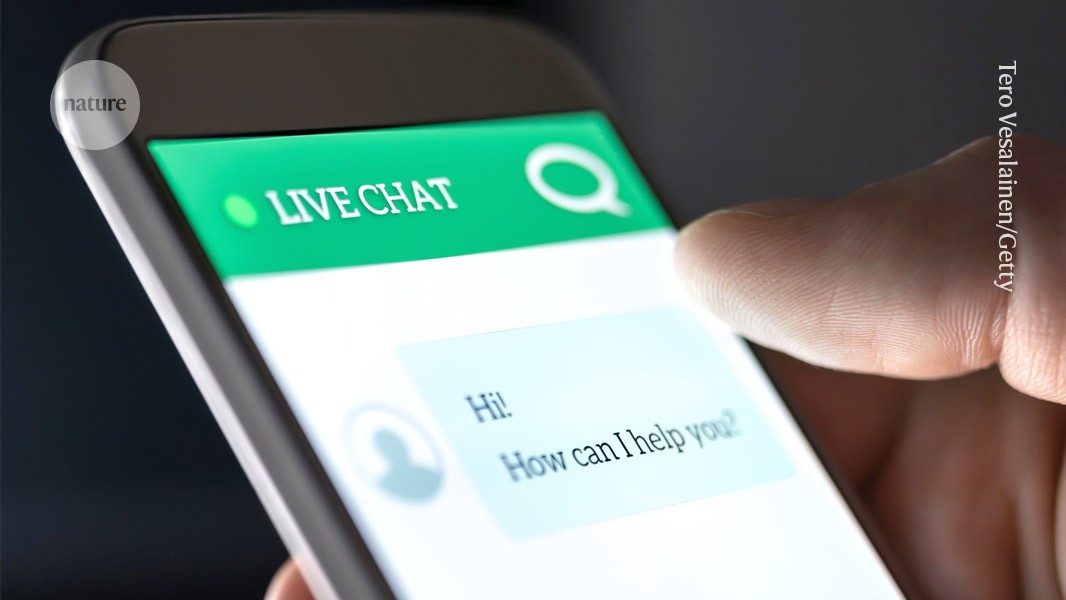A lot of doctors rely on diagnosis from experts.
It has the potential to scan for many conditions at once.
There are thousands of conditions in the medical books. Based off my own experience and thinking, it wouldn't surprise me if a high number of conditions aren't diagnosised and the people are struggling along in life.
It has the potential to scan for many conditions at once.
There are thousands of conditions in the medical books. Based off my own experience and thinking, it wouldn't surprise me if a high number of conditions aren't diagnosised and the people are struggling along in life.


